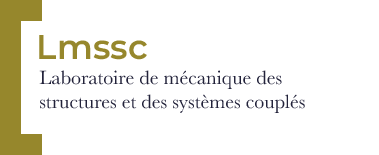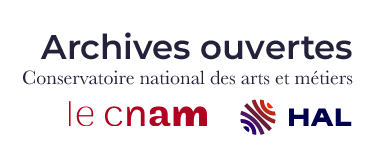Riemannian Formulation of Pontryagin’s Maximum Principle for the Optimal Control of Robotic Manipulators
Résumé
In this work, we consider robotic systems for which the mass tensor is identified to be the metric in a Riemannian manifold. Cost functional invariance is achieved by constructing it with the identified metric. Optimal control evolution is revealed in the form of a covariant second-order ordinary differential equation featuring the Riemann curvature tensor that constrains the control variable. In Pontryagin’s framework of the maximum principle, the cost functional has a direct impact on the system Hamiltonian. It is regarded as the performance index, and optimal control variables are affected by this fundamental choice. In the present context of cost functional invariance, we show that the adjoint variables are the first-order representation of the second-order control variable evolution equation. It is also shown that adding supplementary invariant terms to the cost functional does not modify the basic structure of the optimal control covariant evolution equation. Numerical trials show that the proposed invariant cost functionals, as compared to their non-invariant versions, lead to lower joint power consumption and narrower joint angular amplitudes during motion. With our formulation, the differential equations solver gains stability and operates dramatically faster when compared to examples where cost functional invariance is not considered.
| Origine | Fichiers éditeurs autorisés sur une archive ouverte |
|---|



